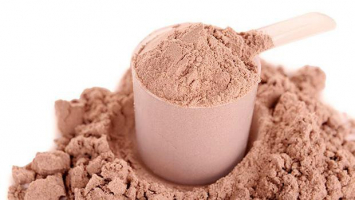Top 5 Health Benefits of Inositol
Inositol is a carbohydrate that occurs naturally in the body as well as in food and dietary supplements. This molecule exists in several forms, each with a ... read more...chemical structure comparable to the major sugar found in your blood - glucose. Inositol is involved in a variety of biological activities. As a result, it has been researched for its possible health advantages. Inositol pills may help treat certain medical diseases, such as anxiety and fertility issues. They may also have other health benefits. Here are the greatest inositol health advantages.
-
Inositol influences the processes that produce neurotransmitters, the chemicals that relay information within your brain. Inositol affects several neurotransmitters, including serotonin. This molecule performs numerous functions in your body and influences your behavior and mood. Researchers investigated if inositol supplements can alleviate symptoms related to serotonin and brain disorders. Anxiety disorders such as panic disorder, obsessive-compulsive disorder (OCD), and posttraumatic stress disorder (PTSD) are examples of this.
Several studies have found that inositol can help people with panic disorders lessen their amount of panic attacks. In one research of 20 persons with panic disorders, 18 grams of inositol per day reduced the incidence of weekly panic attacks by 4 — more than the 2.4 reductions recorded in people using anxiety medication. Another study in persons with OCD discovered that taking 18 grams of inositol daily alleviated symptoms more than a placebo. However, the limited study on inositol and PTSD has revealed no advantages. In fact, several studies have questioned whether inositol can be used to treat any of these anxiety disorders. Overall, inositol could have benefits for certain types of anxiety disorders, but more studies are needed to determine these effects.

May Reduce Anxiety 
May Reduce Anxiety -
Insulin is a hormone that is essential for managing blood sugar levels in the body. Insulin resistance, or a difficulty with your body's capacity to respond to insulin, is regarded as one of the major risk factors for illnesses such as metabolic syndrome. Inositol can be utilized to create molecules that are involved in the action of insulin in your cells. As a result, inositol has been studied for its ability to improve the body's sensitivity to insulin, hence lowering insulin resistance.
In a six-month study of 80 postmenopausal women with metabolic syndrome, 4 grams of inositol per day improved insulin sensitivity, blood pressure, and cholesterol levels more than a placebo. Other studies in women with gestational diabetes have found that inositol improves insulin sensitivity and blood sugar control. Furthermore, inositol may improve insulin action in women with polycystic ovarian syndrome, while the evidence is conflicting.
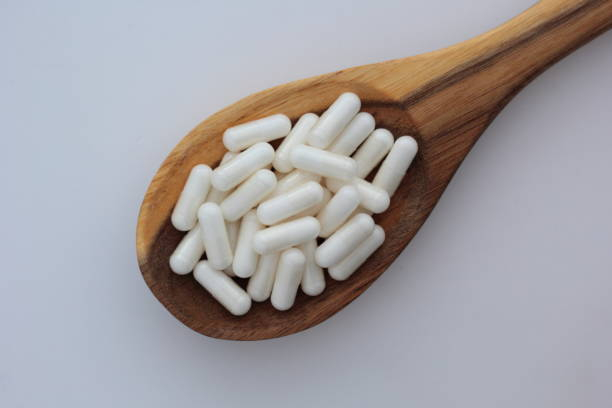
May Aid Blood Sugar Control 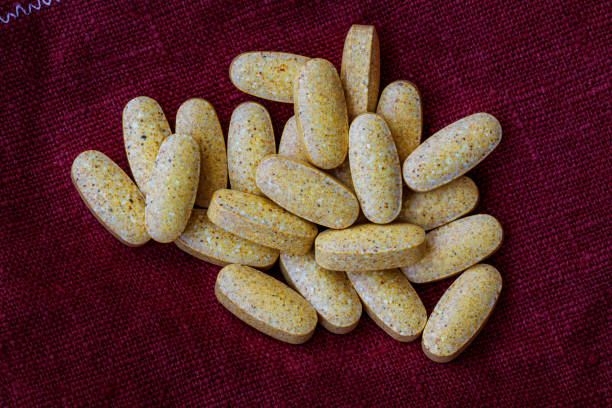
May Aid Blood Sugar Control -
PCOS is a condition in which a woman's body produces unusually high levels of certain hormones. Women with PCOS are more likely to develop certain disorders and may struggle with infertility. Insulin sensitivity issues may be one of the causes of infertility in PCOS women. Because inositol may improve insulin sensitivity, it has been investigated as a possible therapy. According to research, inositol may be effective for enhancing ovarian function and fertility in women with PCOS.
These trials typically employed dosages of 2-4 grams per day, and advantages were observed in women of normal weight, overweight, and obese. Inositol supplements may increase menstrual cycle regularity, ovulation, and pregnancy rates in women with PCOS, according to studies.

May Improve Fertility in Women With PCOS 
May Improve Fertility in Women With PCOS -
Inositol has been investigated as a therapy for depression due to its effects on neurotransmitters in the brain. Some studies have found that taking 12 grams of inositol per day for four weeks can improve symptoms of depression compared to a placebo. Another small trial found that 6 grams of fiber per day helped 9 of 11 patients with depression.
Other research, however, has found that adding inositol to normal depression medicine does not help symptoms any more than the medication alone. Furthermore, inositol has not been shown to be beneficial in treating depression in people who have previously failed to react to normal treatment.

May Reduce Symptoms of Depression 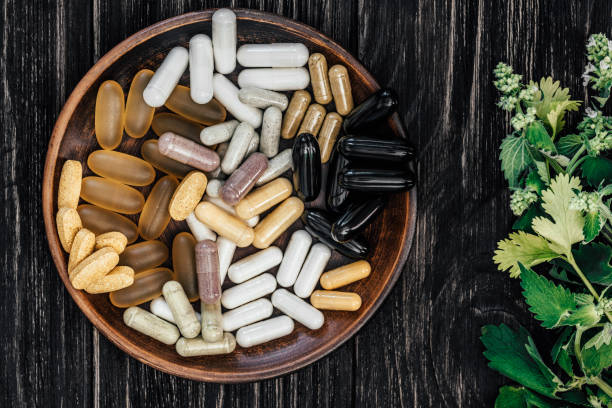
May Reduce Symptoms of Depression -
Inositol occurs naturally in your body as well as in a range of foods. Depending on the structure of your diet, the amount acquired from food might range from less than 1 gram to several grams. It has a very strong safety record even when used as a dietary supplement. Doses in research investigations have ranged from 2 to 18 grams per day.
Some moderate adverse effects have been recorded at larger doses of 12-18 grams. Stomach discomfort, unsettled stomach, and farts are the most common. In several studies, however, modestly lowering the dose of inositol proved to relieve these symptoms. Pregnant women have even been given inositol supplements at dosages of roughly 4 grams per day with no adverse effects.
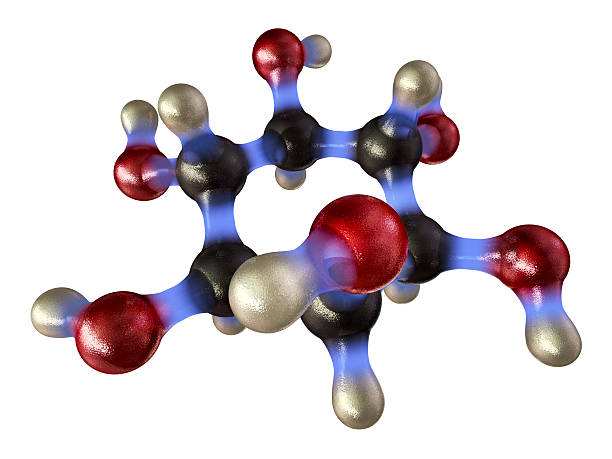
Good Safety Record 
Good Safety Record







